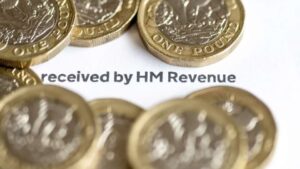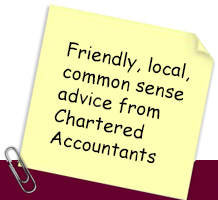
More than 10.7m taxpayers filed their tax returns by 31 January. Yet nearly 15% didn’t make the deadline. This is almost twice the amount reported last year.
On the day after the self assessment deadline, HMRC had received 10,743,387 returns (which includes expected returns, unsolicited returns and late registrations). Another 1.8m are still outstanding.
The majority of the tax returns (95.6%) were submitted online, which inches ahead of the 93% of returns filed this way in 2020.
However, HMRC noted that due to the unusual filing patterns this year, the final figure for 31 January may end up lower, as the 392,000 unsolicited returns/late registrations are an estimate based on returns received by early January.
Late filers up on last year
Although the filing rates were on track at the start of the month, the remaining tax returns are up on the 958,296 late filers this time last year. After HMRC’s decision to waive late filing penalty, the 1,790,368 taxpayers who still need to file will not incur an immediate £100 fine as long as they submit their tax return online by 28 February.
HMRC will also not charge late filing penalties for SA700s and SA970s received in February, which can only be filed by paper; and SA800s and SA900s.
While these late filers have some breathing space on the penalty, interest will still be chargeable on any tax not paid by the 31 January due date. HMRC is encouraging these taxpayers to pay an estimated amount as soon as possible to minimise any interest.
A 5% late payment penalty will be charged if tax remains outstanding, and a payment plan has not been set up, before 3 March 2021.
Karl Khan, HMRC’s interim director general for customer services, reiterated that HMRC will not send anyone a late filing penalty as long as they meet the 28 February due date: “We know that many individuals and small businesses are finding it harder to pay this year, due to the pandemic. Anyone who can’t afford to pay their tax bill in full can set up a payment plan, once they’ve filed their return, to spread their tax bill into monthly instalments.”
Last week HMRC’s chief executive Jim Harra waived late penalties after recognising the “immense pressure that many people are facing in these unprecedented times”.

